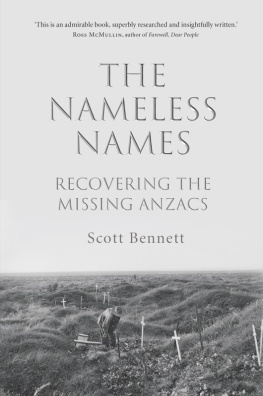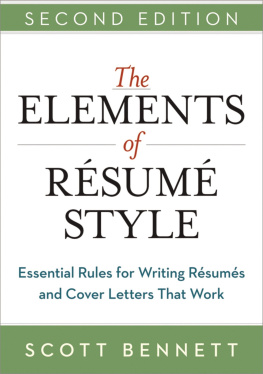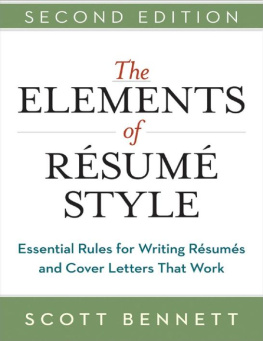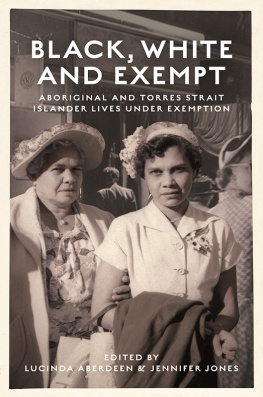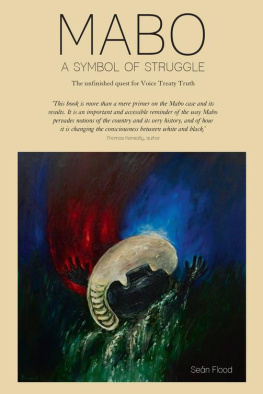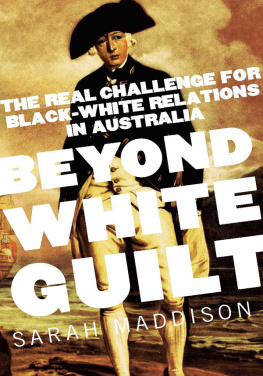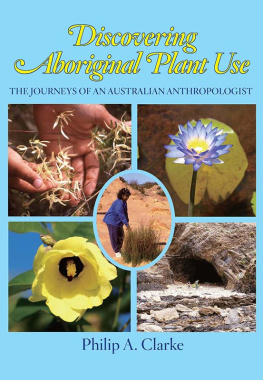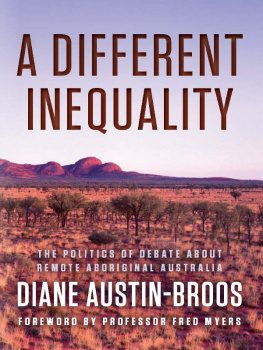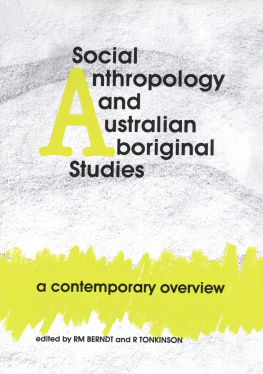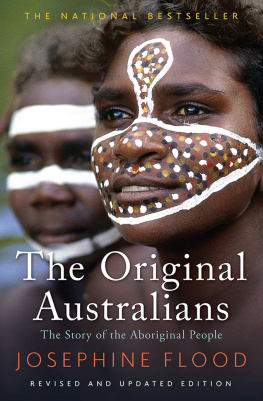White Politics and Black Australians
First published 1999 by Allen & Unwin
Published 2020 by Routledge
2 Park Square, Milton Park, Abingdon, Oxon OX14 4RN
605 Third Avenue, New York, NY 10017
Routledge is an imprint of the Taylor & Francis Group, an informa business
Copyright Scott Bennett 1999
All rights reserved. No part of this book may be reprinted or reproduced or utilised in any form or by any electronic, mechanical, or other means, now known or hereafter invented, including photocopying and recording, or in any information storage or retrieval system, without permission in writing from the publishers.
Notice:
Product or corporate names may be trademarks or registered trademarks, and are used only for identification and explanation without intent to infringe.
National Library of Australia
Cataloguing-in-Publication entry:
Bennett, Scott (Scott Cecil).
White politics and black Australians.
Bibliography.
Includes index.
ISBN 1 86448 703 8.
1. Aborigines, AustralianPolitics and government. 2. Aborigines,
AustralianGovernment policy. 3. Aborigines, AustralianGovernment
relations. 4. Aborigines, AustralianPublic opinion. 5. Australia
Politics and government. I. Title.
323.119915
Set in 10.5/12pt Plantin by DOCUPRO, Sydney
ISBN-13: 9781864487039 (pbk)
When the predecessor to this book, Aborigines and Australian Politics, appeared in 1989, the terms Mabo, native title, Native Title Act and Wik were not used at any point. The Aboriginal and Torres Strait Islander Commission was referred to, but had not actually begun its operations. Paul Keating was Commonwealth Treasurer, John Howard was not long deposed as Liberal leader, and Pauline Hanson was many years off seeking Liberal Party preselection for the Queensland division of Oxley. Some second editions of books amount to little more than a few changes at the margins of the original MS, but in this case the extraordinary developments since 1989 have meant that this second issue is very different from the first. Readers familiar with the first edition will soon see that many of the arguments remain, but that a great deal of new information and analysis has been added. Two of the eight original chapters have been excised, are new, and those chapters that remain have undergone much re-writing.
A great deal of politics in a nation like Australia involves activity by differing interests that is directed towards influencing government decisions. Much of the activity of what we will be calling the Aboriginal interest is no different, and the struggle during 199798 between Aborigines and pastoralists to have the Howard Government favour their respective approaches to the native title issue is an indication of the type of politics that Aboriginal people must undertake. An important requirement for the analyst is to establish how much advantage or disadvantage accrues to each interest due to its place in the society within which it is located. In the case of the Aboriginal interest, the social inequalities that they have sufferedare still sufferinghave made the development of their political position extremely difficult. We cannot understand the place of the Aboriginal interest in the Australian political system without an appreciation of continuing Aboriginal inequality, and this is analysed in the first chapter.
A basic aim of an interest is to maintain both a high profile in the wider community and a reservoir of public support that can be used to persuade the policy-makers of the political importance of the interest. For the political scientist, therefore, it is important to establish the standing in the general community of the interest that is being studied. In this case it is quite clear that Aboriginal people are far from having general support in the Australian community, and our analysis in suggests that this is very much influenced by the views of white superiority developed since the arrival of the First Fleet. The continuing presence of attitudes opposed to Aboriginal demands is a factor in explaining the place of Aboriginal people in the Australian political system.
A discussion of the politics surrounding such interest group activity, and the impact upon policy-making in Aboriginal affairs, follows in .
Government is made up of various institutions, each of which can provide an important target for interest group pressure, depending on the nature of each issue. Aborigines have had to become aware of the importance of the political executive and parliament, as well as the large number of important boards, inquiries and committees that are often created to aid policy-making, all of which is discussed in .
Occupying an important place in the political arena, and playing an important role as the conduit of ideas as well as opinion-shaper, is the media, especially when it can be persuaded to lend support to a particular interests demands. As we shall see in , the media has gradually become far more important for Aboriginal people as it has tended to a more sympathetic stance than was once the case.
For over two decades an overriding aim of official Aboriginal affairs policy has been self-determination or self-management, by which is meant the ability of Aboriginal people to run their lives as they see fit. For some, this means operating within the Australian political system, but more extreme views talk of a degree of autonomy that might even extend to actual Aboriginal self-government. In we look at the possibilities for Aboriginal autonomy in the foreseeable future.
My thanks go to Elizabeth Keith, formerly of the Office of the Aboriginal and Torres Strait Islander Social Justice Commissioner, Will Sanders of ANUs Centre for Aboriginal Economic Policy Research, Ed Wensing of the Australian Local Government Association, Sue Emmerick of the Aboriginal and Torres Strait Islander Commission, and to David Adams, John Warhurst and Cameron Bennett. Three institutions were important for my work: the National Library of Australia, the Library of the Australian Institute of Aboriginal and Torres Strait Islander Studies and the Australian Electoral Commission.
Once again, I am grateful to John Iremonger of Allen & Unwin for his belief in the worth of this study, but there is no doubt that it could not have been written without the support and encouragement of Barbara Bennett.
Note: This work deals only with those people of Australia referred to by the general population as Aboriginal. Except for a passing reference to the Meriam people and the Mabo case, there is no discussion of Torres Strait Islanders.
1
Equality
This book is a study of the way in which Aboriginal Australians relate to the political system of a nation which is commonly described as a democracy. Most Australians, were they to be asked, would maintain that their nations systems of government are democratic, and that they, as its citizens, enjoy a democratic way of life. If they were pushed to justify this view, they might point to their freedom to vote (though some might complain about the compulsion to vote, which they would describe as an infringement of their democratic rights), to their freedom to determine, to a large extent, their own welfare, and to their freedom to speak their mind without fear of reprisals. Those with a sense of history would note that with such innovations as the secret ballot and female suffrage, Australia was among the first nations to introduce many democratic features of modern society, and they might point to the nations Constitution, which came into operation on New Years Day 1901, as one of the oldest democratic constitutions in existence.


